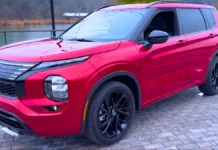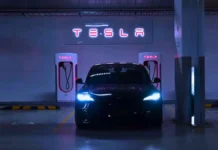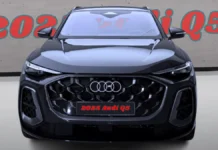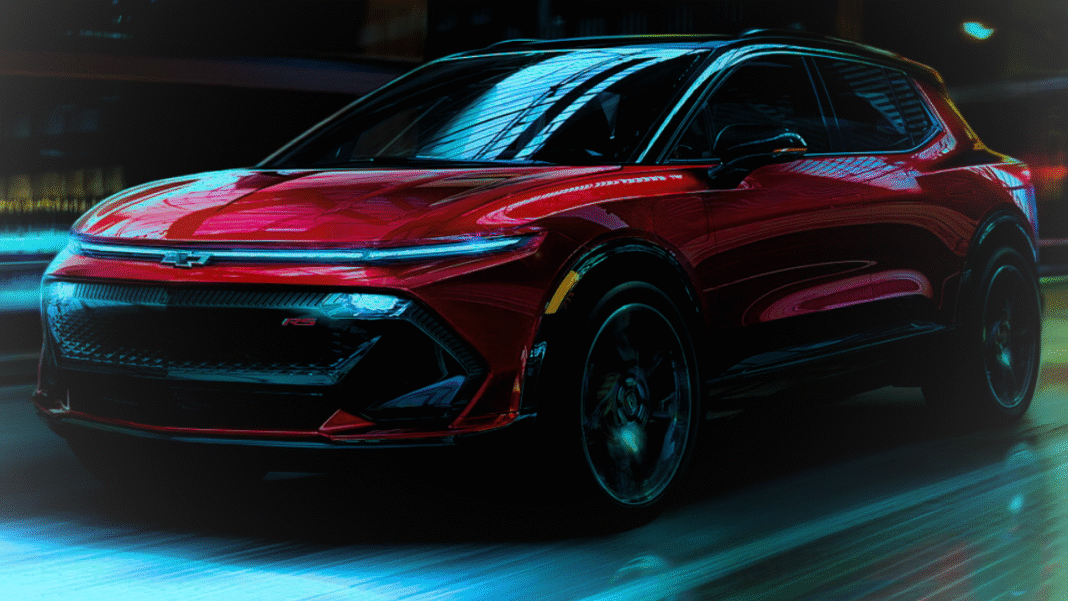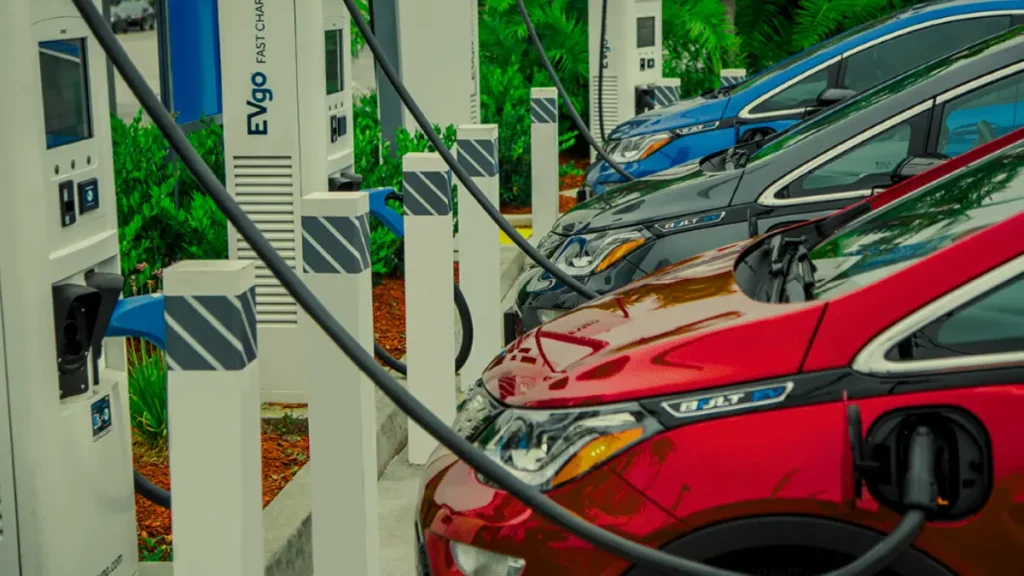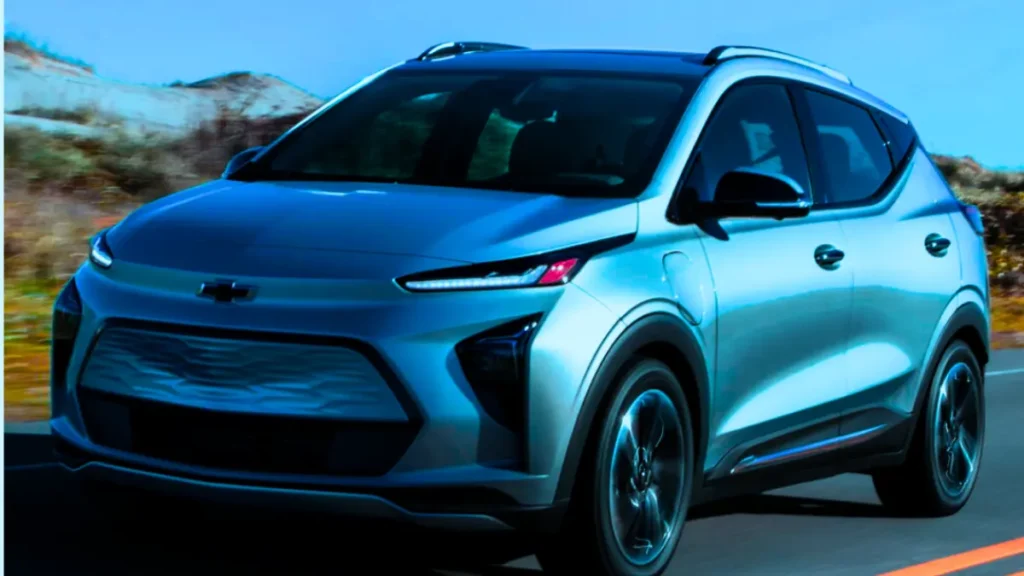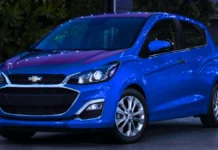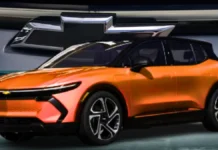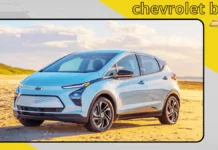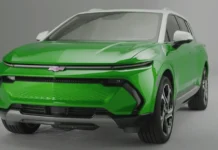Electric vehicles have moved from niche to mainstream, and Chevrolet is one of the legacy automakers aggressively expanding its electric offerings. If you’re exploring Chevrolet EV cars, this guide explains the current lineup, how Chevy approaches EVs, ownership costs, charging, and how to choose the right model for your needs. Read on for clear, practical information and a helpful FAQ.
Quick overview: What are Chevrolet EV cars?
Chevrolet EV cars are battery-electric vehicles (BEVs) sold under the Chevrolet brand. They run solely on electricity, have zero tailpipe emissions, and use a rechargeable battery pack paired with electric motors. Chevrolet’s EV strategy includes compact cars, crossovers, full-size trucks, and utility vehicles to reach a broad audience.
Key Chevy EV highlights:
- Zero tailpipe emissions and instant torque
- Range varies by model and trim from city runabouts to long-range SUVs/trucks
- Multiple charging options: Level 1, Level 2, and DC fast charging
- Federal/state incentives may lower the effective purchase price
Chevy’s current and notable EV models
Chevrolet’s EV portfolio has grown beyond the Bolt and now includes several mainstream and utility-focused models. Availability can change by market and model year, so check local dealers for current inventory.
- Chevrolet Bolt EV
- Compact hatchback; one of Chevy’s original, mass-market EVs.
- Practical range (varies by year) and affordable compared to many competitors.
- Ideal for commuters and small families.
- Chevrolet Bolt EUV
- Slightly larger than the Bolt EV with SUV-like styling and more rear-seat room.
- Offers similar range and features, including some Chevy Safety Assist technologies.
- Chevrolet Blazer EV
- Mid-size electric SUV with multiple powertrain options, performance variants, and competitive range.
- Blends sporty design with family-friendly space.
- Chevrolet Equinox EV
- Targeted as a mainstream compact/midsize electric SUV meant to be affordable and practical for many buyers.
- Positioned to compete directly with other mass-market electric crossovers.
- Chevrolet Silverado EV
- Full-size electric pickup with work-capable towing, high battery capacity, and advanced tech.
- Built on GM’s Ultium platform, shared across many of GM’s EVs for scalable range and performance.
Note: Chevy announced more EVs built on GM’s Ultium architecture—expect additional models and trims as the rollout continues.
Post You May Find Useful
Why choose a Chevrolet EV car?
Reasons people pick Chevrolet EV cars vary by budget, needs, and brand preference. Common advantages include:
- Range and technology improvements: Newer Chevy EVs offer competitive real-world range and modern infotainment/software features.
- Familiar dealership network: Large dealer footprint makes service, warranty work, and test drives accessible.
- Diverse model choices: From compact Bolts to full-size Silverados, Chevy provides options for different lifestyles.
- Incentives and resale: Eligible buyers may benefit from federal/state incentives; EVs typically have robust demand in resale markets.
Charging explained: How Chevrolet EV cars fit into daily life
Understanding charging helps determine if an EV suits your routine.
- Level 1 (120V)
- Uses a standard household outlet.
- Adds a few miles of range per hour — fine for light daily use or plug-in overnight when daily miles are low.
- Level 2 (240V)
- Most practical for home charging; typically installed in garages or driveways.
- Adds dozens of miles per hour; most owners use Level 2 for daily replenishment.
- DC Fast Charging
- High-power public chargers that can add significant range quickly.
- Ideal for road trips and quick top-ups. Charging speeds depend on both charger capacity and the vehicle’s charging acceptance rate.
Tips for Chevy EV charging:
- Install a Level 2 charger at home if you drive daily more than short commutes.
- Use apps (PlugShare, ChargePoint, Electrify America) to find compatible chargers and live availability.
- Avoid frequent charging to 100% unless needed for a long trip—charging to 80–90% helps battery longevity for many models.
Range and performance: What to expect
Range depends on model, battery size, and driving conditions (speed, weather, terrain). Examples:
- Bolt EV / Bolt EUV: Practical ranges suited to daily driving and moderate road trips (specific miles depend on model year).
- Blazer EV and Equinox EV: Range varies widely by trim—there are long-range versions designed for highway travel.
- Silverado EV: Large battery pack options give truck-level range and heavy-duty capability.
Performance benefits:
- Instant torque gives brisk acceleration from a stop.
- Electric drivetrains are quieter and smoother than internal combustion engines.
- Regenerative braking can extend range and reduce brake wear.
Ownership costs: What you’ll pay and save
Chevrolet EV cars typically show different long-term cost profiles than gasoline cars.
Upfront costs:
- EVs often have higher sticker prices than equivalent ICE vehicles, but incentives (federal tax credits, state rebates) can lower effective cost.
Fuel/energy costs:
- Electricity generally costs less per mile than gasoline, though savings depend on local electricity rates and charging habits.
Maintenance:
- Lower routine maintenance: no oil changes, fewer moving parts, and less brake wear due to regen braking.
- Battery and high-voltage components are covered by manufacturer warranties (common coverage: 8 years/100,000 miles, but check specific terms).
Depreciation and resale:
- EV depreciation can vary by model, battery life, and incentives. Popular models with proven batteries (e.g., Bolt) tend to hold value better.
Safety and technology features
Chevy integrates modern safety and driver-assist systems across EVs:
- Advanced driver-assistance systems (ADAS) in many models, including adaptive cruise control, lane-keep assist, and automated emergency braking.
- Over-the-air (OTA) updates on some newer models allow software improvements without dealer visits.
- Standard infotainment and connected features that support navigation to chargers, mobile apps, and remote vehicle monitoring.
Buying and leasing: What to consider
Buying vs. leasing:
- Buying: Better long-term ownership, potential equity, but larger upfront or financed cost.
- Leasing: Lower monthly payments and easier upgrades to new tech, but may have mileage limits.
Questions to ask:
- What is the real-world range for the trim I’m considering?
- What charger options and incentives are available in my area?
- What warranty covers the battery and EV components?
- Does my home support a Level 2 charger installation?
Practical use cases: Who should buy which Chevy EV car?
- Bolt EV/Bolt EUV — Best for commuters, urban drivers, and buyers looking for an affordable EV with practical range.
- Equinox EV — Aimed at mainstream families and crossover shoppers seeking an affordable electric SUV.
- Blazer EV — Good for buyers who want style, performance options, and more space.
- Silverado EV — For truck buyers who need towing, payload, and professional-grade capability without gasoline.
Environmental impact
Switching to a Chevrolet EV car reduces or eliminates tailpipe emissions. The overall environmental benefit depends on your electricity mix (renewables vs. fossil fuels) and lifecycle manufacturing impacts. Still, EVs typically show lower lifetime CO2 emissions in most regions as grids become cleaner.
Common misconceptions about Chevrolet EVs
- “EVs are only city cars” — Modern Chevy EVs cover commuting and long-range travel with appropriate charging networks.
- “Batteries degrade quickly” — Many modern EVs retain useful capacity for years; warranties protect owners, and degradation rates are slower than early EV generations.
- “Charging is hard” — Home charging covers most daily needs; public charging networks have grown significantly.
Tips for first-time Chevy EV buyers
- Take a test drive to experience instant torque and regenerative braking.
- Check local incentives and utility programs that lower charging or purchase costs.
- Plan home charging early—find a licensed electrician to assess and install Level 2 charging if needed.
- Consider a trim with the charging acceptance rate you’ll need for frequent DC fast-charging.
- Read owner forums and reviews for real-world insight on range and reliability.
Final thoughts and buying checklist
Chevrolet EV cars now cover a broad set of needs: affordable compact EVs, family-friendly crossovers, and powerful electric trucks. Advantages include lower running costs, modern tech, and reduced emissions. Downsides may include higher upfront cost and regional variance in charging infrastructure.
Quick buying checklist:
- Confirm EPA range for your chosen trim.
- Check federal/state incentives.
- Understand home charging installation requirements.
- Review battery warranty specifics.
- Test drive multiple Chevy EV models to compare comfort and features.
Chevrolet EV cars offer a compelling, expanding lineup for buyers interested in electric driving—from the affordable Bolt to the capable Silverado EV. Evaluate your daily range needs, charging options, and budget to select the right model. Ready to explore Chevrolet EV cars in your area? Tell me your location and budget, and I’ll provide tailored model suggestions, available incentives, and nearby dealer inventories.
Frequently Asked Questions
- How far can Chevrolet EV cars go on a single charge?
- Range varies by model and trim. Compact models like the Bolt typically offer enough range for daily commuting and moderate trips; SUVs and trucks offer longer ranges. Always check the EPA-rated range for the model year and trim you’re considering.
- Are there federal tax credits for Chevrolet EV cars?
- Federal tax credit eligibility depends on model, manufacturing details, and buyer qualifications. As rules change, verify current federal and state incentives before purchase—dealers and official government sites list up-to-date info.
- How long does it take to charge a Chevy EV at home?
- On a Level 1 (120V) outlet, charging is slow and may add only a few miles per hour. A Level 2 (240V) home charger typically adds dozens of miles per hour—enough for daily replenishment overnight. DC fast charging can add a large chunk of range in 20–45 minutes for many models.
- What warranty covers Chevy EV batteries?
- Warranty terms vary by model and year, but many Chevy EVs come with battery warranties around 8 years/100,000 miles. Always confirm the specific warranty when buying new or used.
- Is a Chevrolet EV car right for me if I drive long distances regularly?
- Possibly. Choose a long-range trim with fast charging capability and plan routes around DC fast chargers. For frequent long-haul drivers, evaluate range, charging speeds, and charger network coverage on your typical routes.

